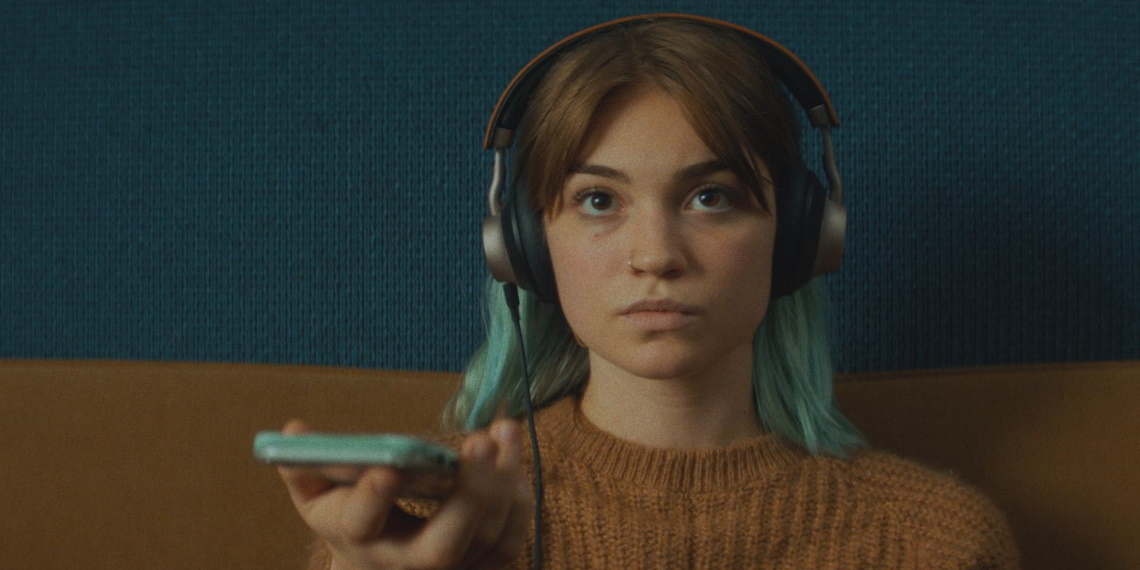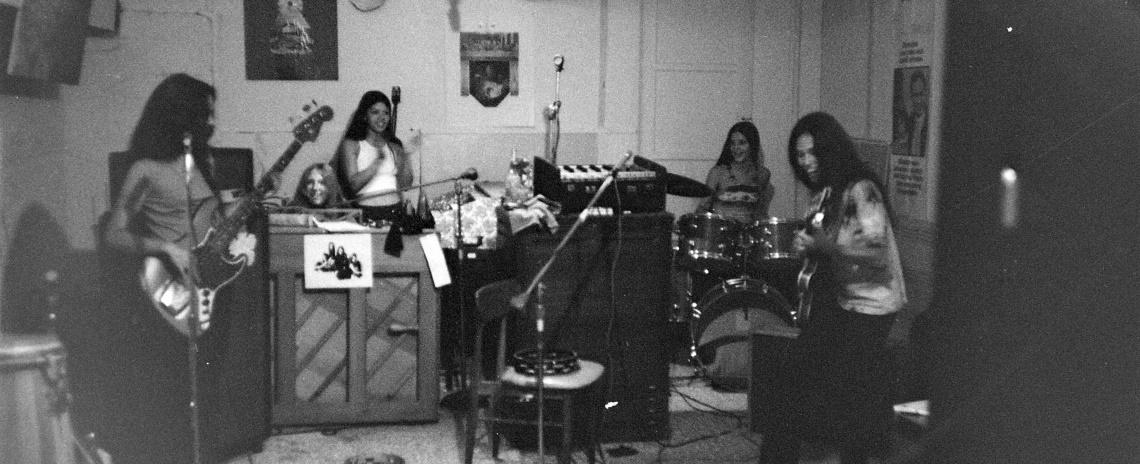Since 1969, the Nashville Film Festival has been bringing the art of cinema to Music City, and the 2021 edition carries a simple slogan of “Film/Music/Culture”. The virtual and in-person programming lives up to this description, with the 52nd NFF presenting a curated selection of V.R. content, musical performances, industry panels, and, of course, narrative and documentary features and shorts. Some have Nashville roots, others are from far-flung corners of the world, and there’s even a few fall festival critical favorites thrown in to boot. This year, The Lens will be covering a selection of films from NFF, which runs Sept. 30 through Oct. 6.
If one were to take Robert Altman’s microcosmic metaphor for U.S. society in Nashville at face value, one might also think that Music City is entirely made up of scrappy country music upstarts and Music Row royalty. In part, this is true. A large percentage of the economy of Tennessee’s biggest city involves the industry and its tendrils – billions of dollars annually, in fact. Accordingly, Nashville’s long-standing yearly film festival makes music and movies comfortable bedfellows. Brian Wilson and Leonard Bernstein are the subjects of new documentaries screening here, while lesser known acts like ones featured in Poser, The Young Fables of The Fable of A Song, and Fanny’s June Millington from Fanny: The Right to Rock are on on-hand to perform live after screenings of their respective films.
Millington’s performance will likely be a highlight at the screening of Fanny: The Right to Rock. Following the little-known rock band Fanny as they record new music fifty-odd years out from their debut, documentarian Bobbi Jo Hart’s work is simply a leaden but serviceable primer. For those already in the know — including talking heads like Bonnie Rait, Cherie Currie, and Kate Pierson — Fanny are legends. The Californians’ garage rock-tinged debut was the first album by an all-female outfit released by a major record label in 1970. Subsequently, they captured the attention and admiration of the likes of David Bowie and Chicago, touring with the latter yacht-rock group during their hey-day.
The form of Fanny is standard-issue stuff, and its collage of archival performances, interviews with those fellow musicians and others, and contemporary remembrances from the band members is rarely exciting. Within the latter, this by-the-numbers job does go outside the box. The sisters, lovers, and frenemies who make up the band recount enough inside drama to make even Fleetwood Mac wince. That they still endure half of a century later is encouraging, and within these margins lies an incisive portrait of aging in an arena where youth is typically valued over experience.
To wit, the young woman at the center of the narrative feature Poser, demonstrates this to dangerous excess. Lennon (Sylvie Mix) is a twenty-something Columbus, Oh. loner who starts a podcast chronicling the local music scene that enamors her. She’s anything but outgoing, but her Tom Ripley-esque schemes eventually find her planted firmly within the scene. Lennon becomes of particular interest to Bobbi Kitten (Kitten, dynamically playing a version of herself), lead singer of femme electro-punk act Damn the Witch Siren. To Kitten, Lennon is a curiosity and charity case, albeit with some apparent musical talents.

However, as the film’s title calls out, Lennon is just a poser, and what modicum of suspense that’s present here is generated from her inevitable exposure as a fraud. Directors Noah Dixon and Ori Segev are blessed with an unsettlingly still and observed performance by Mix, who helps tighten the screws and advances Dixon’s script beyond its relative unoriginality. Poser is ultimately another entry in a line of pseudo-thrillers preoccupied with the psychology of their femme protagonists.
The whole of cinema is filled with great versions of such tales, but, alongside last year’s Swallow and fellow 2021 NFF selection, We’re All Going to the World’s Fair, this particular type of U.S. indie is often betrayed by their makers’ chilly touch and narrative cliches. Dixon and Segev do display some cinematic gumption, but their resulting affect is overly indebted to the most celebrated filmmakers from the generation that preceded theirs. Poser is all flat and center Wes Anderson-ian frames, David Fincher’s “perfected” distanced remove, and connected chaos à la Paul Thomas Anderson. Nevertheless, Poser shows some seeds of promise in many aspects, making its scant 87-minute runtime a worthwhile trip to Columbus. Its mosaic of local musicians – a few of whom will be doing their finest after its in-person screening – might even be enough reason to visit for some.
Alas, booking a flight will be necessary to catch the self-proclaimed Australia's Queen of Honky Tonk, Wanita Bahityar. The Tamworth native is the subject of festival highlight I’m Wanita, a documentary following her from her home to the U.S. on a quest to record a new album in the capital of country music. A combustible firecracker, Bahityar is often chaos incarnate but also a deeply compassionate and talented performer. One on one hand, her daughter doesn’t speak to her much anymore after decades of neglect in favor of developing a career. On the other, the singer also pauses in the middle of a baggage claim to perform for a woman who’s just had a death in the family. Bahityar is also a pain in the ass to work with. Her stop at Sun Studios in Memphis, Tenn. finds her among the best session musicians in the industry, but this bull in a china shop can’t quite seem to stop taking shots of whiskey during the leadup to recording and wreaking havoc. Her uncommonly expressive singing, however, proves she belongs in the room.

Bahityar is much more complicated beyond a singer-songwriter multi-hyphenate label, and I’m Wanita doesn’t shy away from the many other ways she describes herself. This Loretta Lynn acolyte just so happens to also be an autistic alcoholic sex worker married to the Turkish father of the man she was intended originally intended to marry, and the myriad intersections at which Bahityar sits are ripe for a warts-and-all exploration. Director Matthew Walker’s sensitive portrait is suffused with the woman’s complex ethos and identity, crafting a crowd-pleaser that’s also caustic, wise, melancholy, and touchingly humane.


